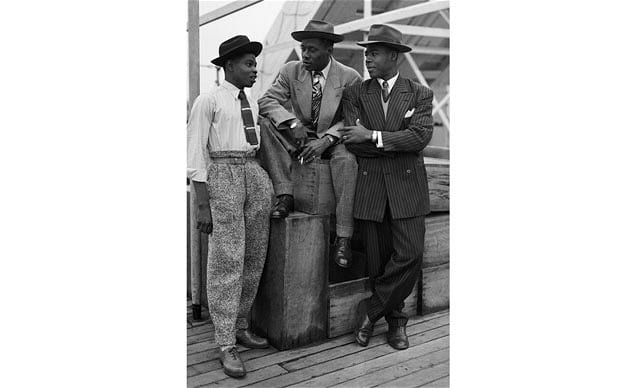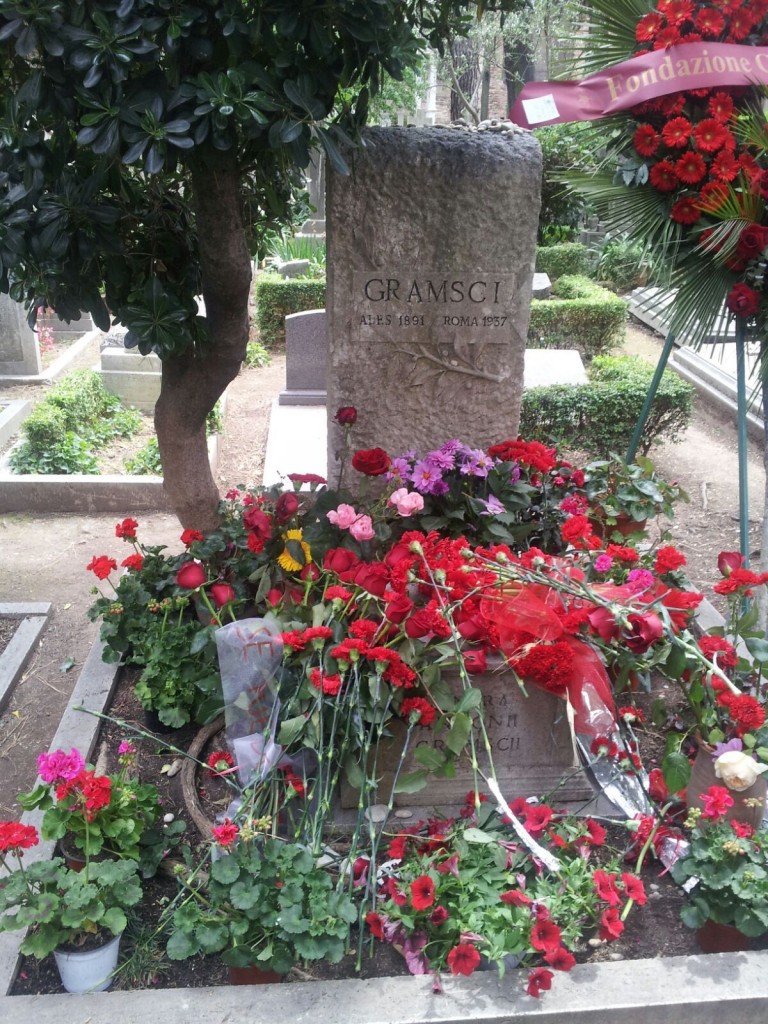I have been hit like a ton of bricks by Daniel Ellsberg’s new book, The Doomsday Machine, Confessions of a Nuclear War Planner.[1]
World
Game Theory
Berlin 1936: Sixteen Days in August, by Oliver Hilmer (Other Press. 2018. Trans. from the German by Jefferson Chase) begins on the first day of that summer’s Olympics and ends on their closing. But the Olympics were a smokescreen, a puppet show, a diversion of less significance than the fireworks which concluded Joseph Goebbels $800,000 last-night party, bloodying the sky red.
Son of Bibi: Or Three Men in a Car
Uri Avnery covers the latest news of the Netanyahu family’s trumpery.
NO, I don’t want to write about the affair of Ya’ir Netanyahu. I refuse adamantly. No force in the world will compel me to do so.
Yet here I am, writing about Ya’ir, damn it. Can’t resist.
And perhaps it is really more than a matter of gossip. Perhaps it is something that we cannot ignore.
Johnny Folkes
An excerpt from a memoir, “Notes of a British Boyhood,” in progress.
Johnny Folkes had the muscles of a man. We were on the same teams at Humphrey Perkins: soccer and rugby in winter, cricket and athletics in summer, basketball all year round. I was a slender fifteen-year-old. He was beautiful, with a fringe of blond curls. All the girls wanted him.
Recognition Scene

What follows is an excerpt from the late Stuart Hall’s Familiar Stranger: A Life Between Two Islands (2017). First is posting it with the permission of Duke University press which holds the copyright.
Power Trips & A Lover’s Transport
“Everybody fucking knew” about Harvey Weinstein’s predatory side says screenwriter Scott Rosenberg in a self-lacerating post in which he called out complicit Hollywood. Rosenberg blamed himself and bigger players for their not-knowing stance toward the monstrous mogul. Rosenberg’s rant on the low motives that kept all of them on Weinstein’s team seemed spot on, but as I read him last night, I found myself resisting his larger claims for Weinstein’s cultural import:
Stuart Hall’s Legacy (Part One)
Cultural Studies 1983 (2016) Stuart Hall; Duke University Press
Familiar Stranger: A Life Between Two Islands (2017), Stuart Hall, (Editor, Bill Schwarz); Duke University Press
Resistance Through Rituals (1976) S. Hall and T. Jefferson; Hutchinson & Co.
“Subcultural Conflict and Working Class Community” Phil Cohen in Culture, Media, Language (1981) edt. by S. Hall, D. Hobson, H. Lowe, P. Willis; Hutchinson & Co.
Meantime (1984) Directed by Mike Leigh
A Running Jump (2012) Directed by Mike Leigh
“Handsworth Revolution” on the lp Handsworth Revolution (1978) Steel Pulse
“Sonny’s Lettah” on the lp Making History (1983) Linton Kwesi Johnson
“Riots, Rhymes and Reason” Linton Kwesi Johnson at www.lintonkwesijohnson.com
Jupiter Rising
Here he is in his official state portrait—the serene half-smile; the piercing blue eyes; the buff pecs taut against a spotless white shirt and the perfect cut of his navy blue suit, signs of purity amid authority and service.

The Resurrection and Survivor’s Guilt
Fr. Rick Frechette is a medical doctor and Catholic priest who has been working in Haiti for a more than a generation, running hospitals and social programs in Port-au-Prince as well as a Nuestros Pequenos Hermanos orphanage on the outskirts of the capital. He wrote the following epistle to his family and supporters last week.
Brexit Dreams and Brexit Nightmares
Adapted from the 17th annual Bozeman Lecture at Sarah Lawrence College.
Putin and Fellow Travelers
In a previous article here, I took on what I called “Trumpism on the Left” with a focus on Stephen Cohen’s defense of the Trump-Putin bromance in The Nation magazine. A friend of mine suggested that the title of the article should have been “The Strange Case of Stephen Cohen,” implying perhaps that “Trumpism on the Left” was an unjustified generalization from a single example. Cohen, as I noted fleetingly, is not alone in his affinity for Putin and by extension Trump. What my piece lacked was the context of other advocates of the two leaders, which I try to provide in what follows.
Gramsci Anniversary

C’era una volta…ed ancora un futuro. Bisogna far che la vita sia bella, in quanto possibile. Sempre sperando.
[Once upon a time … and still a future. We need to make life beautiful as much as possible. Always hoping.]
Glory Days for Investigative Journalists
An Interview with Liam Vaughan, the co-author, with Gavin Finch, of The Fix: How Bankers Lied, Cheated and Colluded to Rig the World’s Most Important Number.
dark times/ filled with light
Two poems by Juan Gelman. (The post directly below treats Gelman’s life and times.)
Michel Foucault is My Favorite Skinhead
Do you remember when we used to go and dance at those punk rock shows/it feels so…long ago/do you remember that night when that skinhead threatened me with my life/ you should have realized right then…that something…something went quite right/we were just teenagers, looking for a scene/based upon simplistic notions of equality/oh ain’t it a fucker when you discover fuck when you discover that it’s all based upon slightly altered versions of the same old crap. —The Casual Terrorist
Nine Theses/Nine Lives
1. When did the Enlightenment die? 2. What I really mean is, When did the Enlightenment die for the left? 3. (And I don’t mean the so-called “White Jacobin” left, the left of white terror, which takes as a pseudo-Leninist occasion the alt-right mainstreaming of Foucault and the Thule Society to declare themselves the sole bearers of the torch of the Sokal Affair: though naturally there’s always a bridge, a hallucinogenic path, between fascism and the Enlightenment, and that bridge could be called John Locke or Jorge Luis Borges, Vilfredo Pareto or Peter Thiel’s hemophilia).
Tease
Molly Klein is working on a piece for First that links Trump’s spectacles to “a war on rationality that began in Baltimore in 1966 with the Johns Hopkins conference on structuralism/post-structuralism, which introduced the mountebanks Lacan and Derrida to US academia.” In the meantime, here’s a taste from her recent demolition of Slavoj Žižek, “The Protocols of the Learned Lacanian of Slovitzie,” published this year in a Belgrade academic journal. Klein’s clarity about “ecstasy of the bullying” makes her a national resource for Americans in our time of the Don.